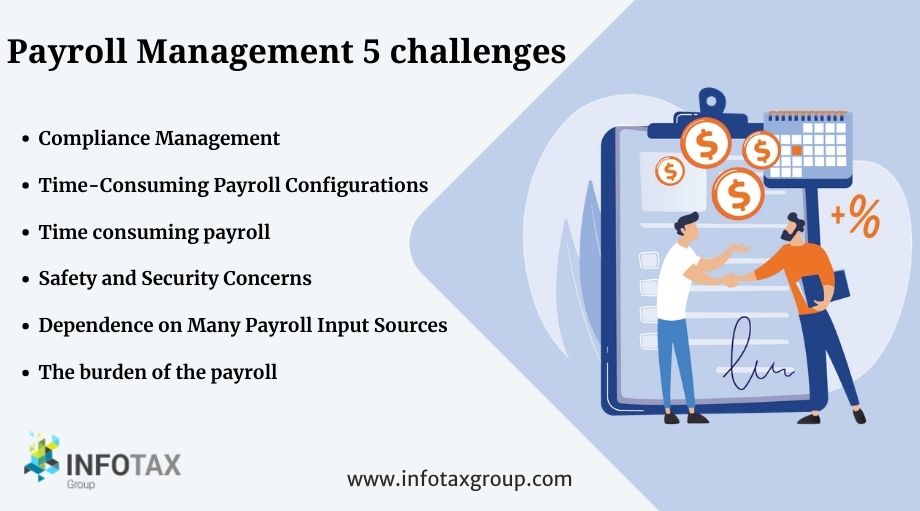Managing payroll compliance inSaudi Arabia is a critical yet challenging task for businesses. The Kingdom'slabor laws, including the Wage Protection System (WPS), Saudization quotas, andGeneral Organization for Social Insurance (GOSI) requirements, are dynamic andcomplex. Non-compliance can lead to hefty fines, legal disputes, andreputational damage. For many HR professionals and business owners, stayingupdated with frequent regulatory changes while ensuring accurate payrollprocessing is a daunting responsibility.
This article provides acomprehensive guide to implementing payroll compliance in Saudi Arabia. Fromunderstanding payroll basics to addressing challenges and exploring outsourcingsolutions, you'll find actionable insights to streamline your payroll processesand achieve full compliance.
What is Payroll?
Payroll refers to the process ofcompensating employees for their work. It includes calculating salaries,deductions, bonuses, and benefits while adhering to labor laws and tax regulations.In Saudi Arabia, payroll management must comply with specific localrequirements such as:
- Wage Protection System (WPS)
- Social insurance contributions via GOSI
- End-of-service benefits
- Saudization quotas
Effective payroll systems ensuretimely salary disbursements, foster employee satisfaction, and minimizecompliance risks.
Why Payroll Compliance Matters in Saudi Arabia
Payroll compliance is essential forbusinesses operating in Saudi Arabia due to stringent labor laws and regulatoryoversight. Here’s why it matters:
- It helps you in Avoiding Penalties.
- Help’s you build Employee Trust.
- Legal Protection from lawsuits and reputational damage.
- Reduces errors and streamlines HR operations.

Image by infotaxgroup.com/payroll-management-5-challenges
Challenges That Come with Payroll Compliance
Businesses in Saudi Arabia faceseveral challenges when managing payroll compliance:
- Frequent Regulatory Updates: Labor laws are updated multiple times a year, making it difficult to stay current.
- Complex Calculations: Managing salaries, overtime calculation, social insurance contributions, and end-of-service benefits requires precision.
- Technology Integration: The WPS mandates real-time salary reporting through digital platforms.
- Saudization Requirements: Companies must meet specific quotas for employing Saudi nationals, adding another layer of complexity.
- Manual Errors: Human oversight in manual payroll systems leads to inaccuracies and compliance risks.
Why Outsource Payroll Processing?
Outsourcing payroll processing canbe a game-changer for businesses struggling with compliance complexities.Here’s why:
- Payroll outsourcing companies specialize in local labor laws and ensure full compliance.
- Reduces the need for dedicated staff or advanced software investments.
- Automated systems minimize calculation errors.
- Frees up time for HR teams to focus on strategic initiatives.
How to Find a Payroll Outsourcing Company for Saudi Arabia
Choosing the right payrolloutsourcing partner is crucial for achieving compliance. Consider the followingfactors:
- Ensure the provider understands Saudi labor laws, including GOSI and WPS requirements.
- Look for advanced software that offers real-time reporting and seamless integration with HR systems.
- The provider should tailor services to your business needs.
- Check client reviews and industry certifications.
Top Company in Pakistan for Payroll Processing
For businesses seeking reliablepayroll solutions in Saudi Arabia, Delta International Recruitment Agencystands out as a trusted partner. With extensive experience in managing payrollcompliance across borders, Delta International offers:
- Expertise in Saudi labor laws
- Advanced technology solutions
- Customizable services tailored to your business needs
- Proven track record of accuracy and reliability
Delta International ensures thatyour payroll processes align with local regulations while maintainingoperational efficiency.
Steps to Implement Payroll Compliance in Saudi Arabia
Follow these steps to ensure yourpayroll system complies with Saudi regulations:
1. Understand Local Laws
Familiarize yourself with keyregulations such as:
- Wage Protection System (WPS)
- GOSI contributions
- Saudization quotas
2. Automate Payroll Processes
Adopt payroll software tailored forSaudi Arabia to handle calculations, reporting, and compliance seamlessly.
3. Draft Comprehensive Employment Contracts
Ensure contracts comply with laborlaws by clearly outlining job roles, salaries, working hours, and benefits.
4. Conduct Regular Audits
Periodically review your payrollprocesses to identify and rectify discrepancies.
5. Train Your HR Team
Equip your team with the knowledgeof local regulations through regular training sessions.
6. Partner with Experts
Consider outsourcing payrollmanagement to specialists like Delta International Recruitment Agency or usingadvanced software solutions.
Conclusion
Payroll compliance in Saudi Arabiais a multifaceted challenge that requires meticulous attention to detail and adeep understanding of local labor laws. By automating processes, stayingupdated on regulations, and partnering with experts, businesses can ensure seamlesspayroll operations while avoiding penalties.
Whether you're a small enterpriseor a large corporation, investing in efficient payroll systems is not justabout legal adherence it's about fostering trust among employees and drivinglong-term growth.











.webp)
















